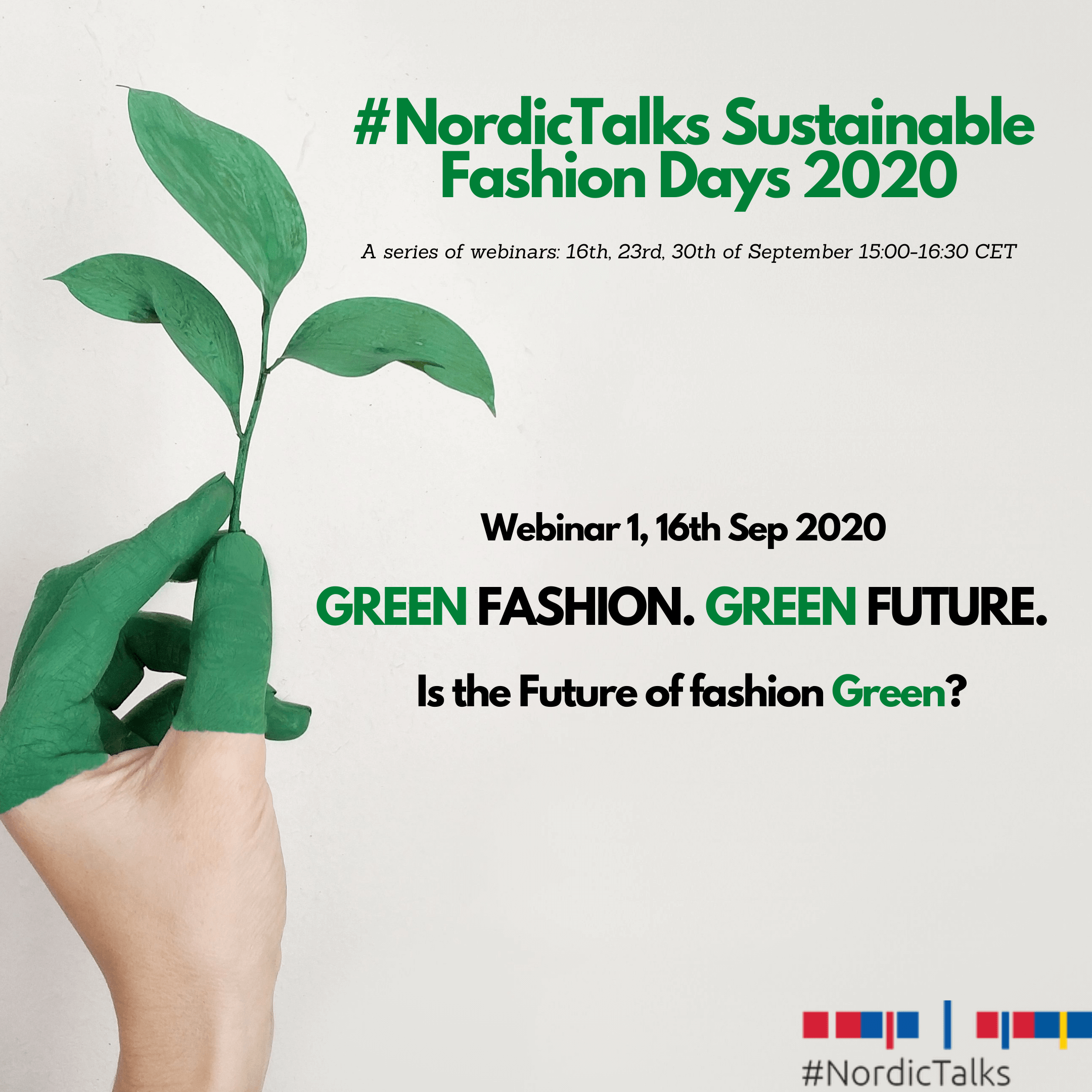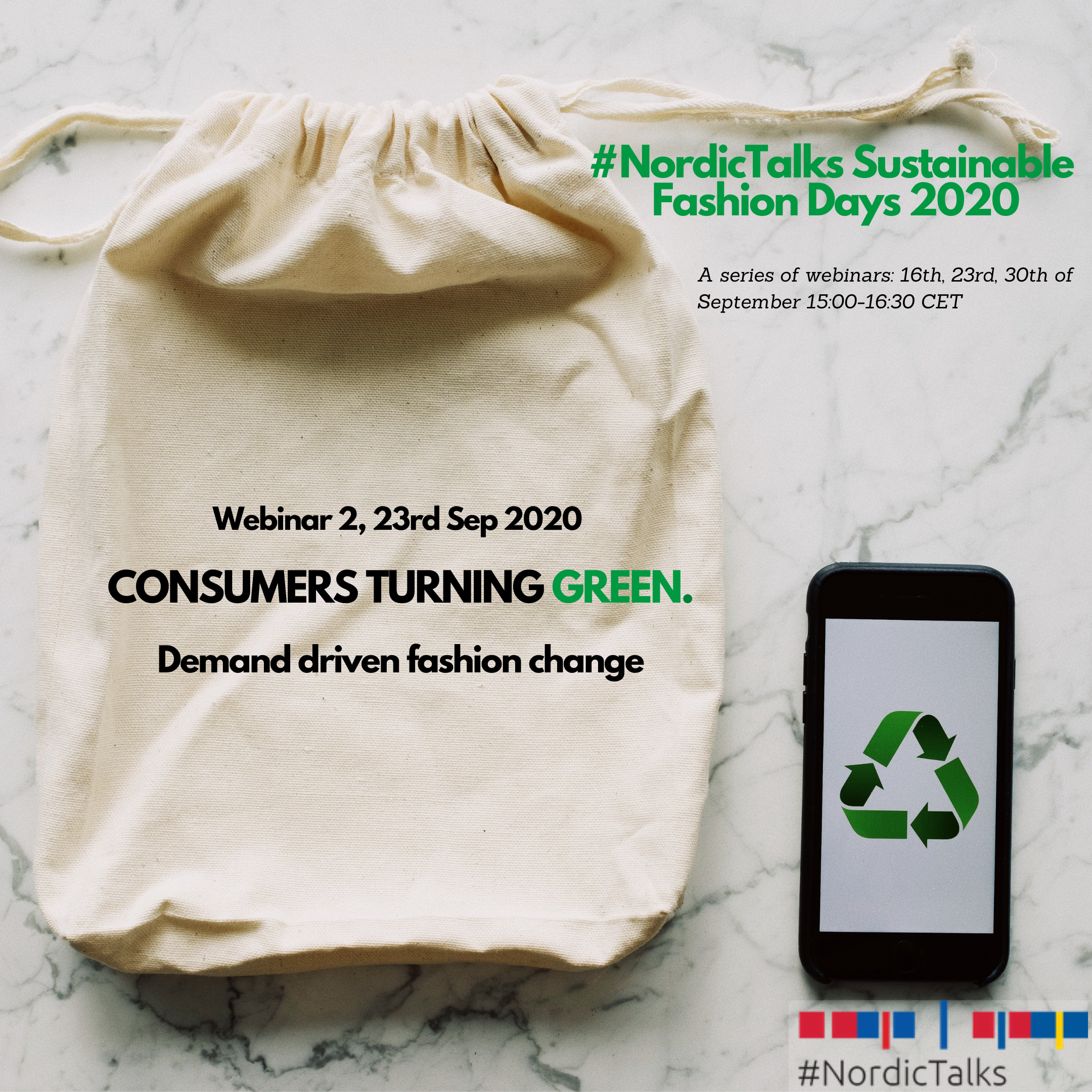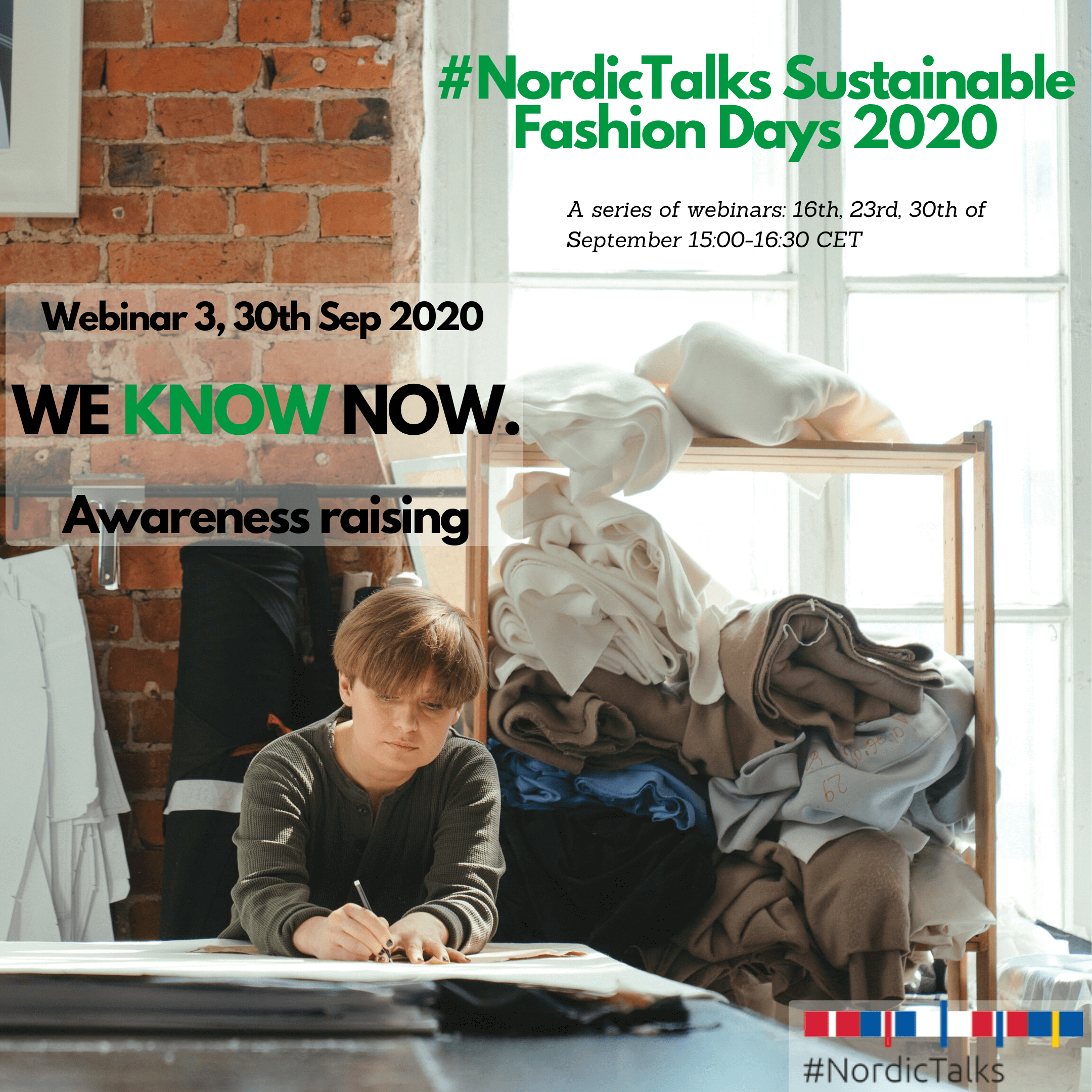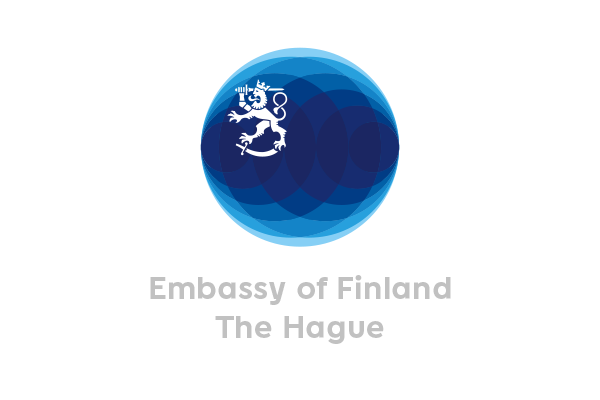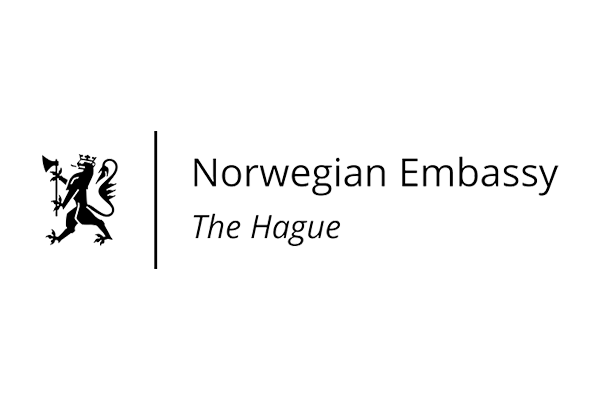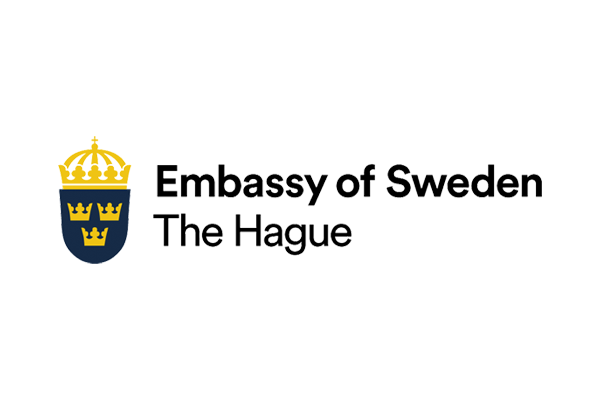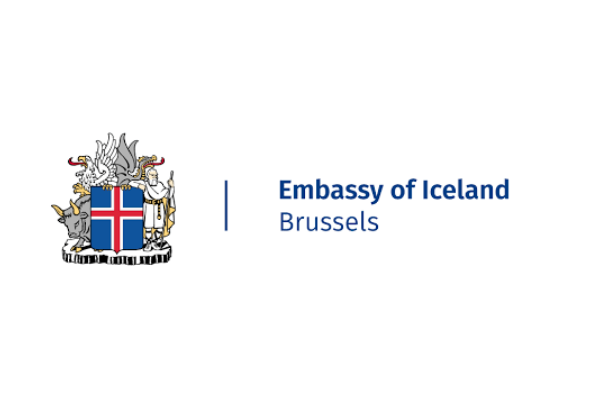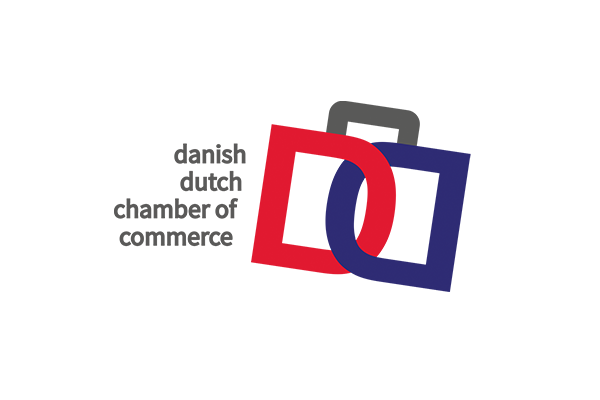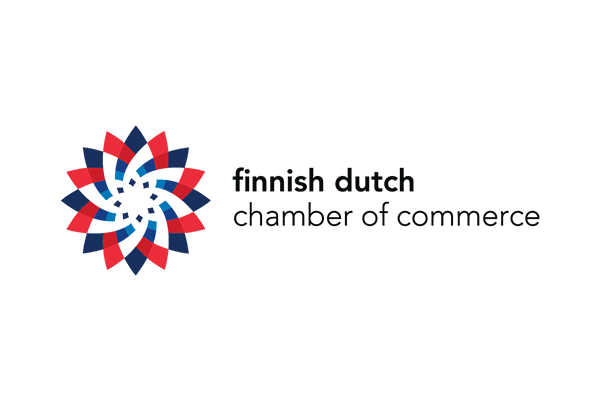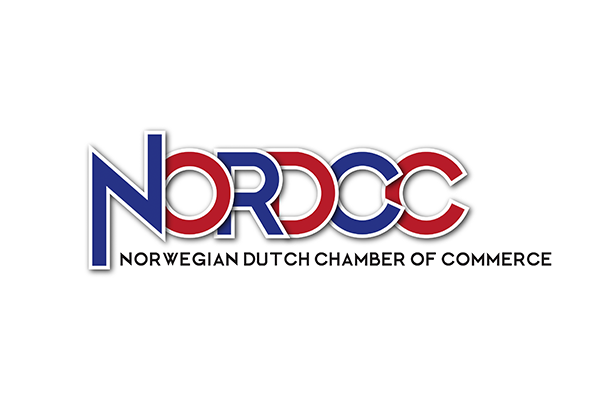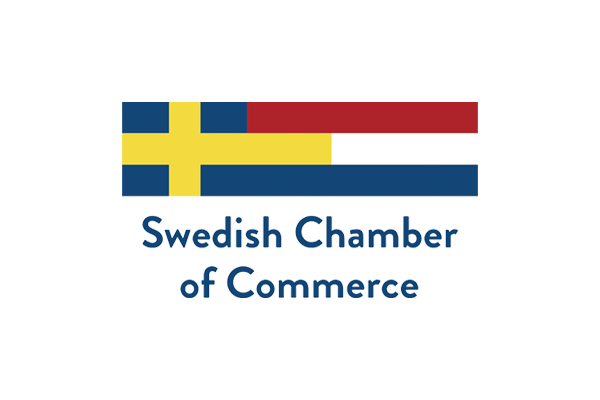#NordicTalks2020
Sustainable Fashion Days
A series of webinars to raise awareness for sustainable fashion and the environmental and social impact, to connect the sustainable fashion industry in the Nordics and the Netherlands
Series of Webinars
16, 23, 30 September
Welcome to #NordicTalksSFD2020 where several leading Nordic and Dutch fashion profiles will talk about sustainable fashion. Production, retail, consumer perspective as well as social and environmental aspects will be touched upon to get an overall understanding on the complexity and how we as individuals can make change happen.
2nd Webinar, 23rd September 2020 | 15:00 – 16:30.
CONSUMERS TURNING GREEN
Moderator
Our 3 webinars will be moderated by:

Andrea Orsag
Co-Founder MissionC
Sustainability and Circular Economy Evangelist. Andrea is a co-founder at MissionC, strategy advisory based in Amsterdam on a mission to accelerate the transition to Circular Economy on a global scale. Consultant with 10+ years of experience combining Risk Management, Strategy and Change Management cross-industry, both for the commercial sector and not-for-profit organisations internationally. Helping organisations bring their ideas to life by refining their sustainability strategies, adjusting business models towards circularity, delivering programs and engaging stakeholders. Andrea also acts as a speaker, guest lecturer, expert moderator and facilitator on topics related to Circular Economy and Sustainability.
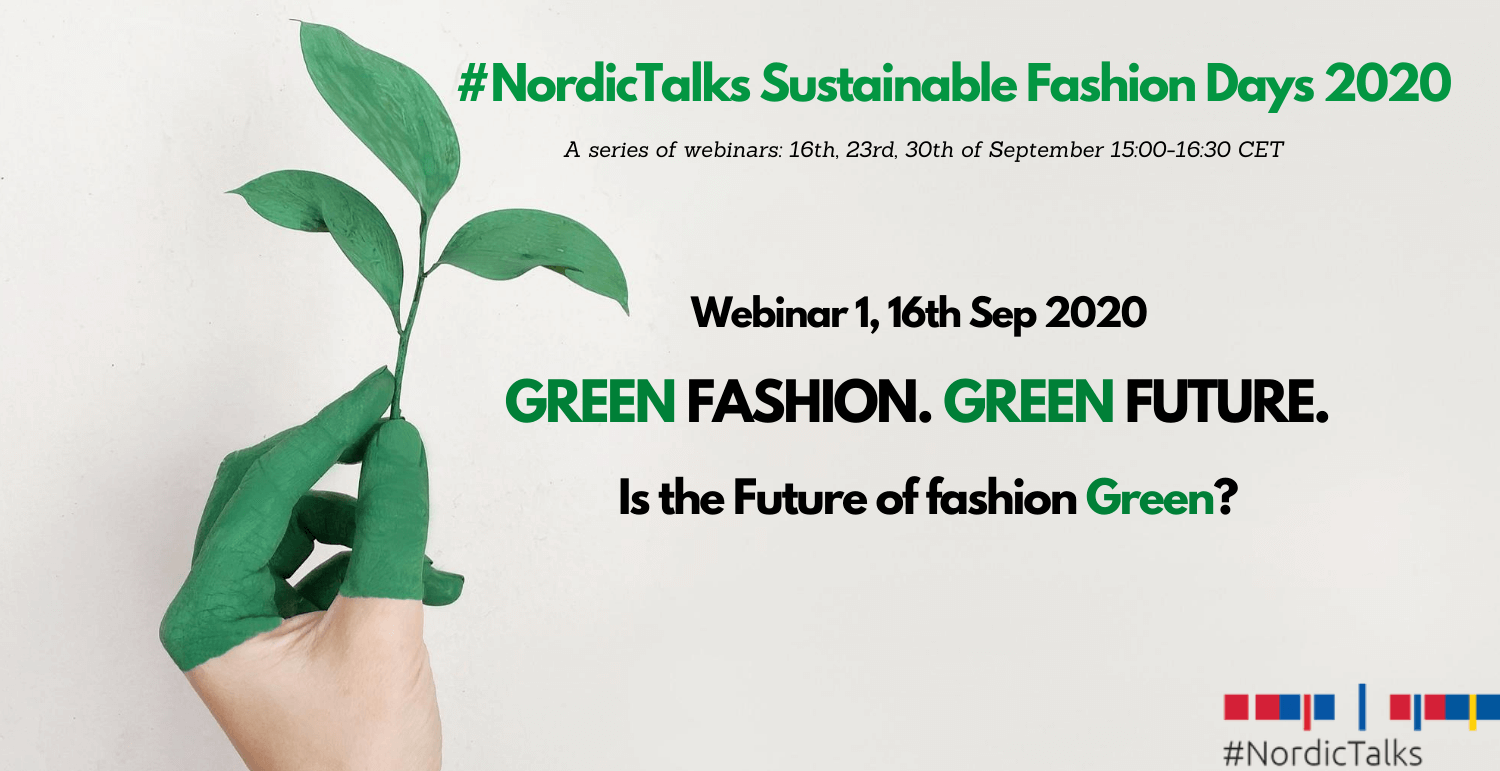
The 16th September the #NordicTalks partners in collaboration with MissionC supported by the Nordic Council, were very pleased to welcome more than 250 participants to the first webinar in a series of three about Sustainable Fashion where several leading Nordic and Dutch fashion profiles will be sharing their insights. Production, retail, consumer perspective as well as social and environmental aspects will be touched upon to get an overall understanding on the complexity and how we as individuals can make change happen. Today’s webinar theme was Green Fashion – Green Future, September 23 Consumers turning green and on September 30th, the last webinar in the series, Awareness raising “We know now”.
Big thanks to today’s inspiring speakers for eye-opening reflections on how to transfer the fashion business models into sustainable and fair. Also big thanks to all participants for sharing thoughts and discussions in the webinars chat and for the great questions to the speakers. Finally, a big thank to Andrea Orsag, Sustainability and Circular Economy Evangelist and co-founder of MissionC, who was and will be our moderator for the whole webinar series. Join us again on Sep 23!
Here are the Sustainable Fashion Business Transformation key take-aways by Moderator Andrea Orsag:
- European Commission represented by its president Ursula von Der Leyen proposed today increase in 2030 emission reduction from 40% to at least 55%.
- Currently the fashion industry is responsible for around 10% of the global CO2 emissions. To achieve emissions reduction, the fashion industry needs to change as well: by using better materials, better business models minimising waste and enhancing longevity, by improving the resources efficiency and also working conditions of garment industry workers.
- Strong leadership is important to set clear targets and work on this transition now – with a clear roadmap, monitoring & communicating progress, applying innovation, technology and insights from pilots that are ready to be scaled up.
- Collaboration among different partners (from suppliers, material producers, retailers, NGOs, governments and others) will be crucial to accomplish the change.
- It’s not only about using sustainable materials, it’s also about different consumption patterns – focusing on quality instead of the quantity.
- .
1st WEBINAR 16th September 2020 | 15:00 – 16:30
GREEN FASHION. GREEN FUTURE | Is the Future of fashion Green?
With a call for sustainable fashion that is more conscious (buying less, using better materials), fair (social justice in the supply chain, livable pay) and circular (sharing/renting business models, longevity, repairing and clothes with stories), how does a sustainable fashion company look like? What do they produce, where, in what way and in what quantities? Who are their customers? Who are the producers? What materials do they use, how do they sell clothes and for how much?
- Insights into the big systemic changes transforming the industry and recreating the trends. Is sustainable collection the answer? Or do we need a strategic change and new business model? How to achieve this?
- Big brands, new brands. Collaboration with innovative start-ups and scaling of ideas
Speakers
For our first webinar we will be joined by the following speakers:

Kim Poldner
Professor Circular Business, The Hague University of Applied Sciences
Kim Poldner (1978) is Professor Circular Business at The Hague University of Applied Sciences and is affiliated with Wageningen University & Research (WUR), the Netherlands where she founded the Circular Fashion Laband developed the MOOC ‘Design, Science and Value in a Sustainable Clothing Industry.
Professor Poldner graduated at the University of St. Gallen, Switzerland: for her PhD project she longitudinally studied 58 sustainable entrepreneurs in the fashion industry. She initiated and organized the first edition of Un-Dress in 2012, named after her PhD dissertation: ‘Un-Dress – Stories of Ethical Fashion Entrepreneuring’.
Her research interests evolve at the crossroads of entrepreneurship, aesthetics and sustainability and she has written award winning case studies on sustainable fashion pioneers such as Veja and Osklen. She publishes in journals such as Organization, Journal of Business Venturing, Organization & Environment, Business & Society and Journal of Cleaner Production. Before she embarked on an academic career, Professor Poldner was founder of the first eco fashion store in The Netherlands in 2005 and initiator of online platform ‘Eco Fashion World’. Her green wardrobe, including her up cycled wedding dress, was exhibited during the exhibition ‘Wear I Am’ in 2017.
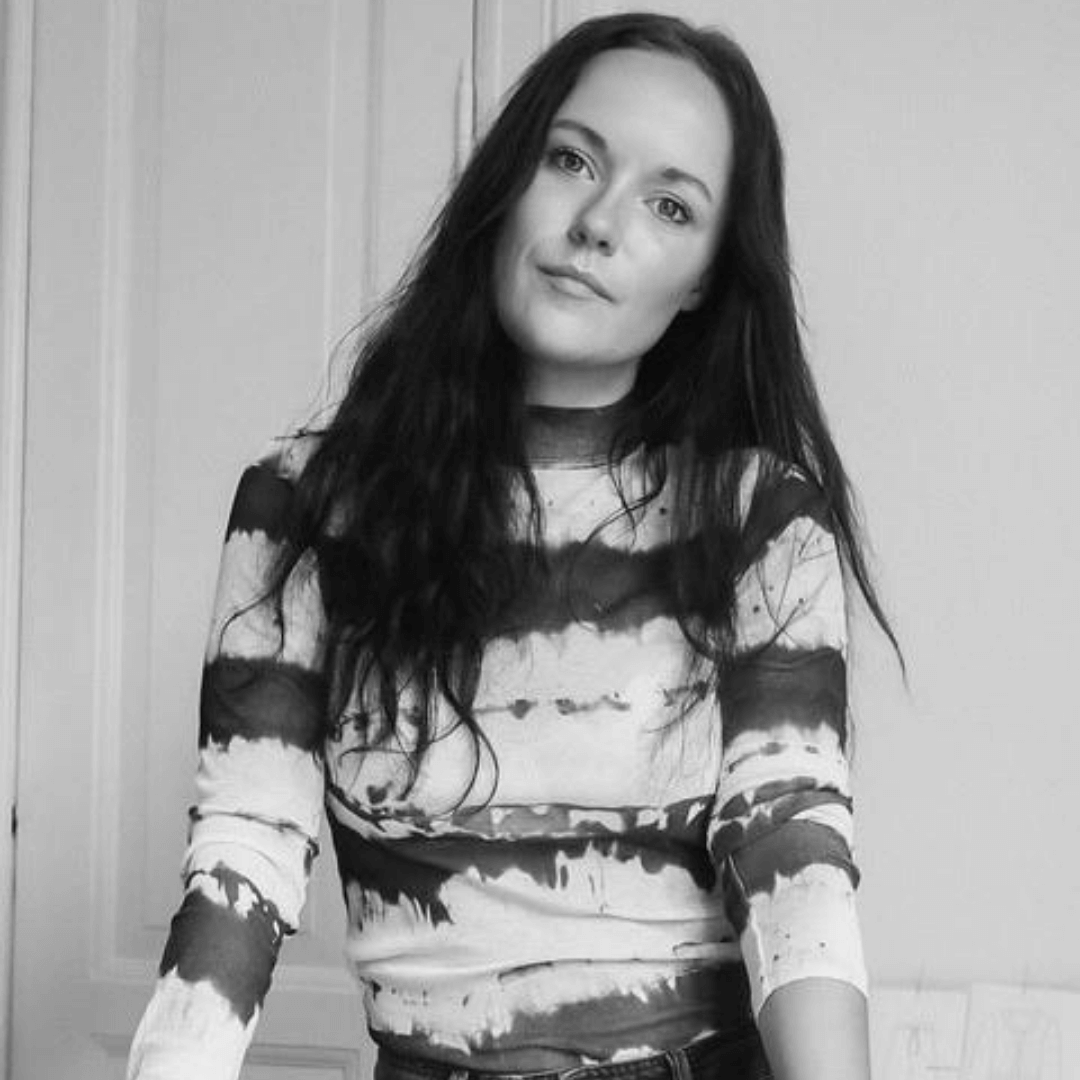
By Signe – Signe Roedbro
Founder & Designer
Signe Roedbro founded the brand ‘By Signe’ in late 2015, approaching an honest design process, the brand is focusing on working with high quality materials while minimizing the environmental impact and at the same time, creating positive social ones. The brand strives to have its full value-chain covered sustainably from start to finish in all aspects from raw fibres to finished garments, tags, labels and packaging. & together with a Turkish partner, Founder and designer, Signe Roedbro established an atelier in Turkey last year, from where the collections of the brand, together with an exclusive selection of likeminded brands, are manufactured.‘Moon Productions’ is an ethical- and socially responsible manufacturing facility in Turkey build on European principles, applying positive changes directly to the lives of the employees and honoring the handcraft of manufacturing in a safe and healthy environment.
Creating ‘real clothes for real women’ in the most honest way possible, the brand is hoping to express a mood and appeal to emotions, which are free for anyone’s interpretation.
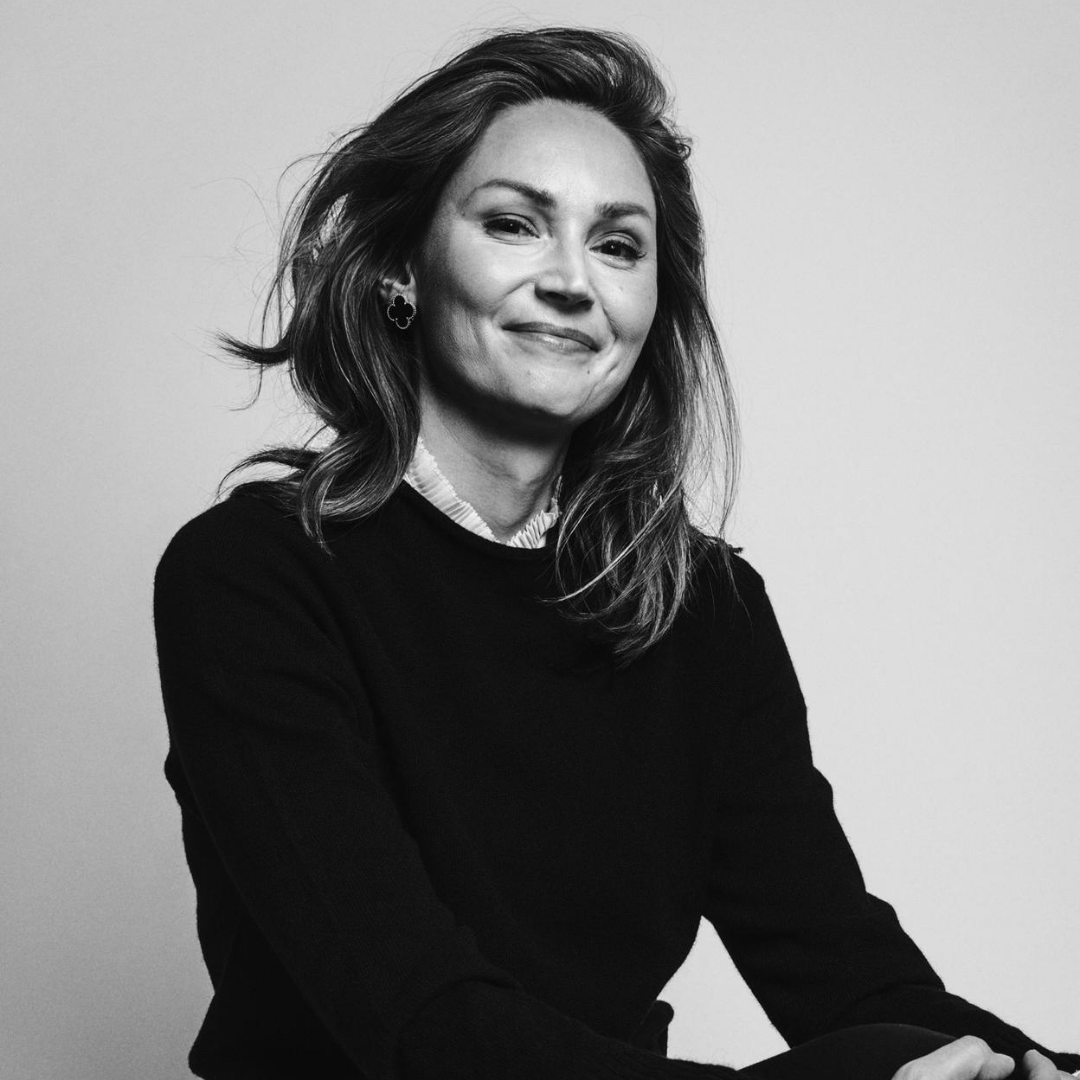
Spinnova – Lotta Kopra
Chief Commercial Officer of spinnova
Lotta is responsible for Spinnova’s commercial operations including partnerships and marketing. An entrepreneur at heart, Lotta has strong experience on commercialization, innovation, new business models and partnerships.
Spinnova is a Finnish, sustainable fibre innovation company that develops ecological breakthrough technology for manufacturing cellulose-based textile fibre.
Spinnova’s patented, climate positive fibre includes 0% harmful chemicals and 0% waste or side streams, making the fibre and the production method the most sustainable in the world. The Spinnova value chain features 99% less water and significantly less CO2 emissions than the cotton value chain. The Spinnova fibre is also recyclable with the Spinnova process without harmful chemicals. Spinnova’s raw material commitment is to only use certified wood or waste raw materials.
Spinnova has been awarded e.g. a World Changing Idea by the Fast Company in 2019, as well as Sustainability Achievement of the year by the ISPO and Scandinavian Outdoor Awards in 2020
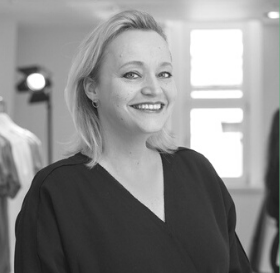
H&M – Annet Feenstra
Sustainability Manager at H&M
Annet has been working at H&M for 25 years now, where she started in the store as a side job next to her studies and after that, she had various positions in Marketing and Communication. Annet has been working as a sustainability manager for H&M in the Netherlands for 7 years.
Annets’ job is to inform colleagues, our customers, media, and organizations about H&M’s work in the field of sustainability.
H&M’s goal is to make fashion sustainable and sustainability fashionable. For the H&M Group, this means that they want to become a 100% circular and climate-positive company and that they make it possible for consumers to make conscious and well-informed choices.
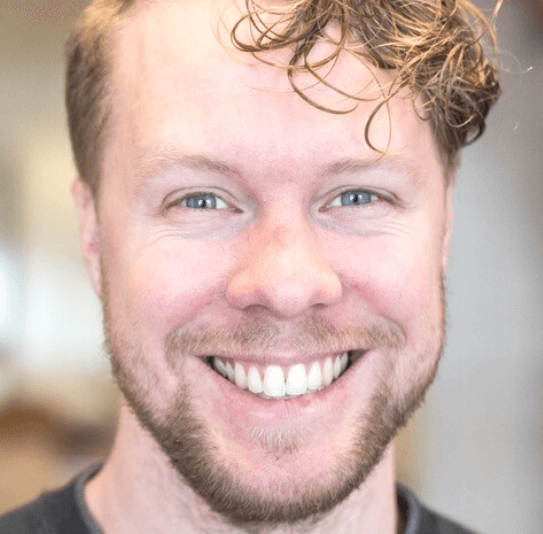
Fair & Square – Sigmund Hegstad
FOUNDER
Sigmund Hegstad is originally a dancer. He danced with Royal Danish Ballet and at the Nationaltheater Mannheim because he returned home to Norway to freelance. At the same time he got engaged in working for better working conditions in the textile industry. This led him to start Fair & Square, a clothing brand and garment production company in order to guarantee good working conditions for textile workers.
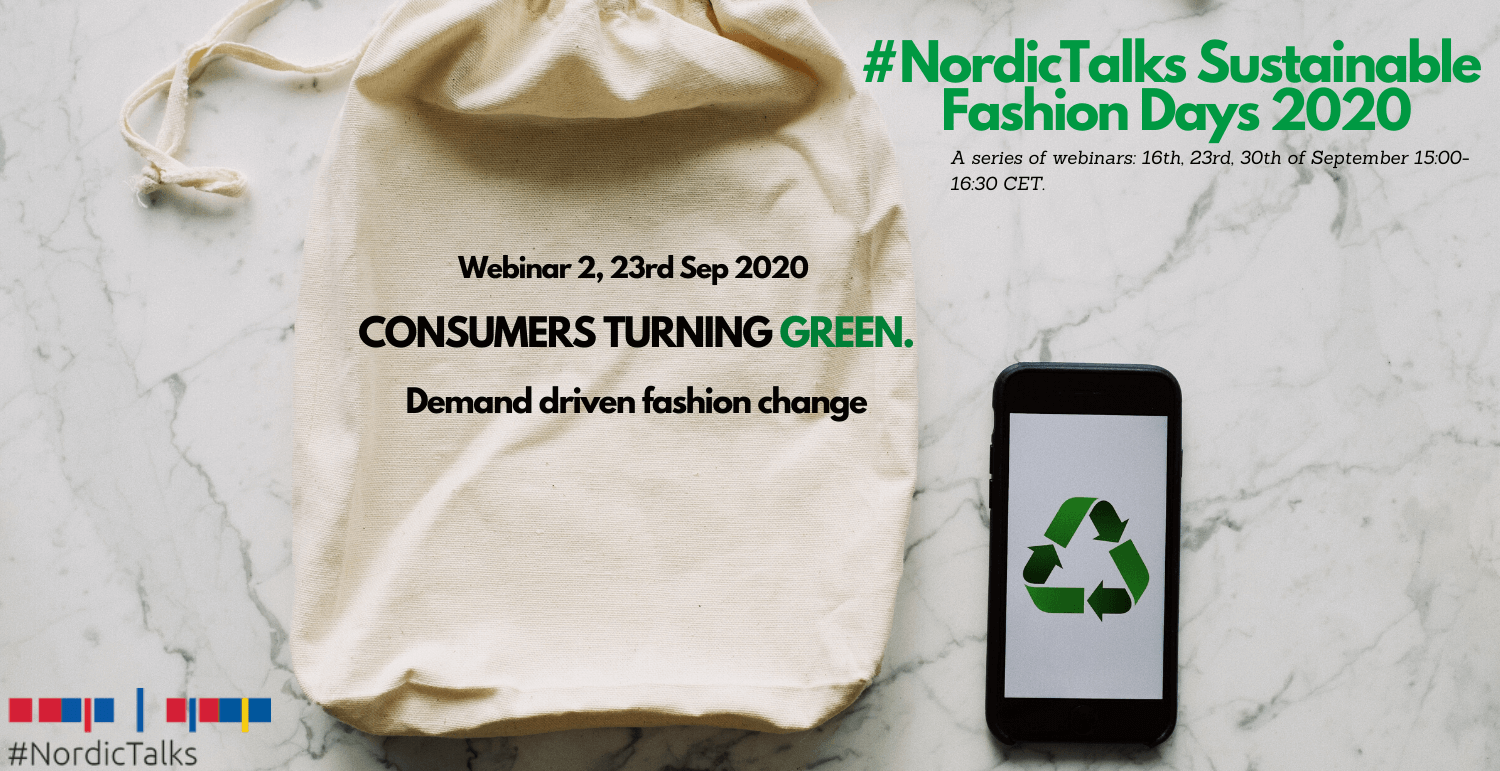
2nd WEBINAR 23 September 2020 | 15:00 – 16:30
CONSUMERS TURNING GREEN. | Demand driven fashion change
Are consumers the drivers of the change in fashion? What fashion do they want? Are they willing to change the way they shop and what they buy? Are the new fashion influencers changing the narrative and mindset of masses? When and where is the tipping point and what does it mean?
- What is sustainable fashion? Why we need it? Do consumers really want a sustainable fashion?
- Community building and the “new cool”. Research, Influencers and front runners. Raise of secondhand/VINTAGE, leasing instead of buying
- Building a clear case that sustainability, social impact and profit can go hand in hand
- What to do with Influencers promoting fast fashion of Fashion Nova or About You? How to amplify voices of Sustainable fashion Influencers?
Here are the Demand Driven Fashion Change key take-aways by Moderator Andrea Orsag:
- Consumers are willing to be more sustainable, but often don’t know where to start. There are quite some options how to make our wardrobes more sustainable: by getting the best out of what we already have, swapping, renting clothes instead of buying new ones, buying second hand. If we decide to buy new clothes we should also consider the material (ideally mono), where and how the products were produced and check for certifications where possible. There are a lot of brands investing heavily in marketing to be portrayed as “Sustainable” despite not having data to back their claims and certifications proving it.
- Prices for new sustainably made items are typically higher also due to the fact that they are not mass-produced like fast fashion and they are typically produced in conditions taking into consideration true prices of resources and also fairly paying the ones making them
- It is worth investing into good quality garments that will last – they retain the value, can be inherited or even sold on one of many re-commerce platforms.
- There is also a rise in rental business models – however only good quality garments will be able to stay in rotation for a longer time. Made to order helps companies better assess what garments are in demand, what patterns consumers prefer and what sizes are needed – hence avoiding overproduction of items and minimising waste. Creating quality pieces that can be repaired and hence prolonging their lifetime should be the new status quo.
- More awareness on Sustainable Fashion needs to be created – it has to become mainstream. Not only sustainable influencers, but overall people with voice are needed to support the transition. Sustainable Fashion needs to be a great alternative to fast fashion – good looking, functional, desired and positioned as the way to go. This would help change consumers’ mindset about the new business models and new consumption patterns.
Speakers
For our second webinar we will be joined by the following speakers:

Stephanie van den Sigtenhorst
Founder of Let’s talk slow
Stephanie van den Sigtenhorst (1992) started her sustainable fashion career a few years ago. She is the founder of the sustainable fashion and lifestyle platform Let’s Talk Slow and writer of the Dutch book ‘A Sustainable Wardrobe’. With a positive approach, Stephanie explains how we can make more sustainable fashion choices as a consumer.
After completing her studies at the Amsterdam Fashion Institute, Stephanie started working for a sustainable fashion brand. That’s where she figured out she wanted to inspire people to make conscious choices and show them how good that can look. Her background in fashion helps Stephanie to make a clear translation from the industry to the consumer.
Stephanie is named in a list of notable sustainable influencers by WWD and is part of the Dutch Sustainable Young 100.
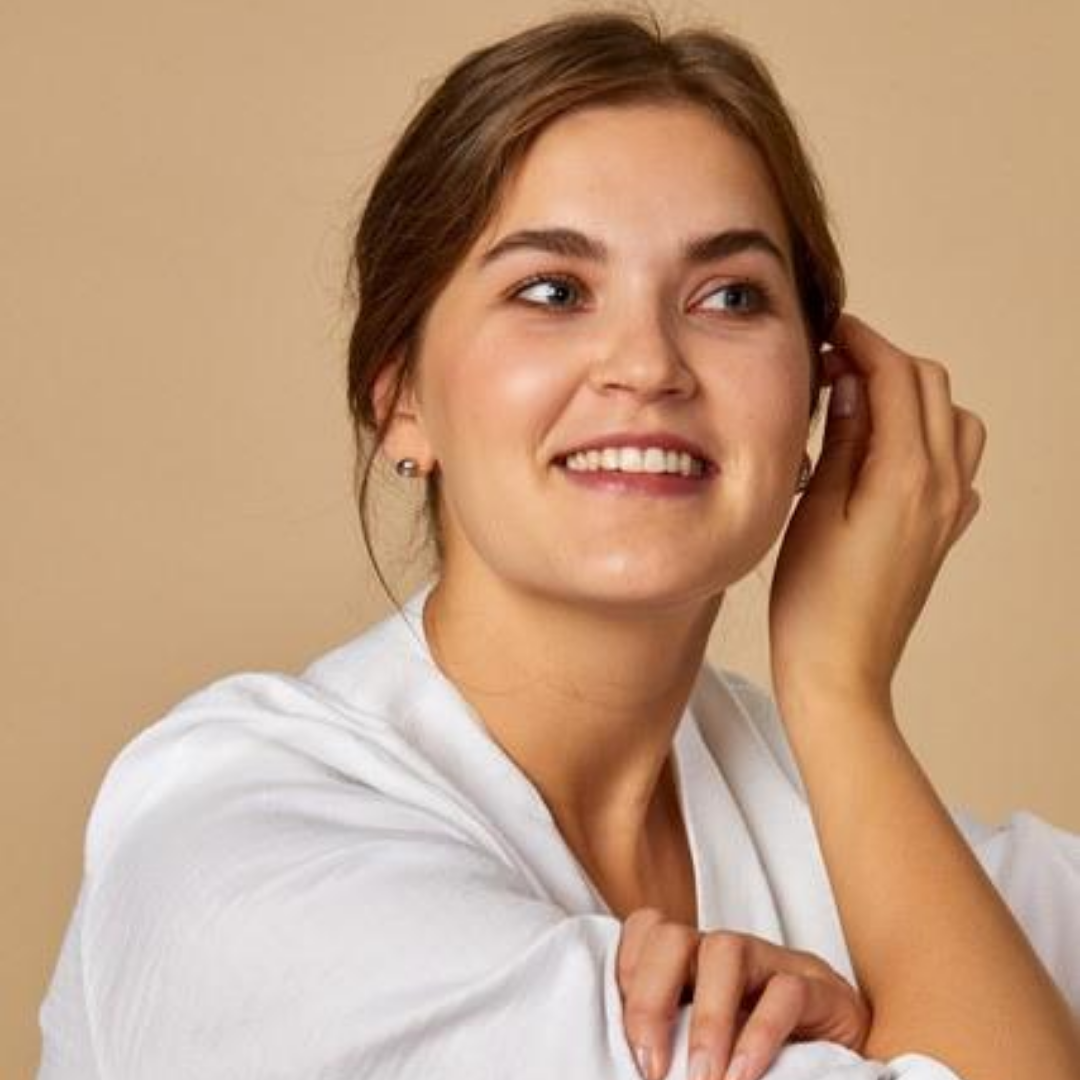
Voglia – Katriina Virtanen
CEO
Katriina is the CEO of the Finnish fashion house Voglia and represents the third generation of the family company. Voglia’s ambition is to produce elegant clothing without compromising Sustainability, Equality and Fidelity.
Our goal is to attract consumers to understand the meaning of ethical and ecological issues by being approachably informative and transparent. We strive to continually create increasingly responsible collections, in which Sustainability is included into the term and idea of beauty.
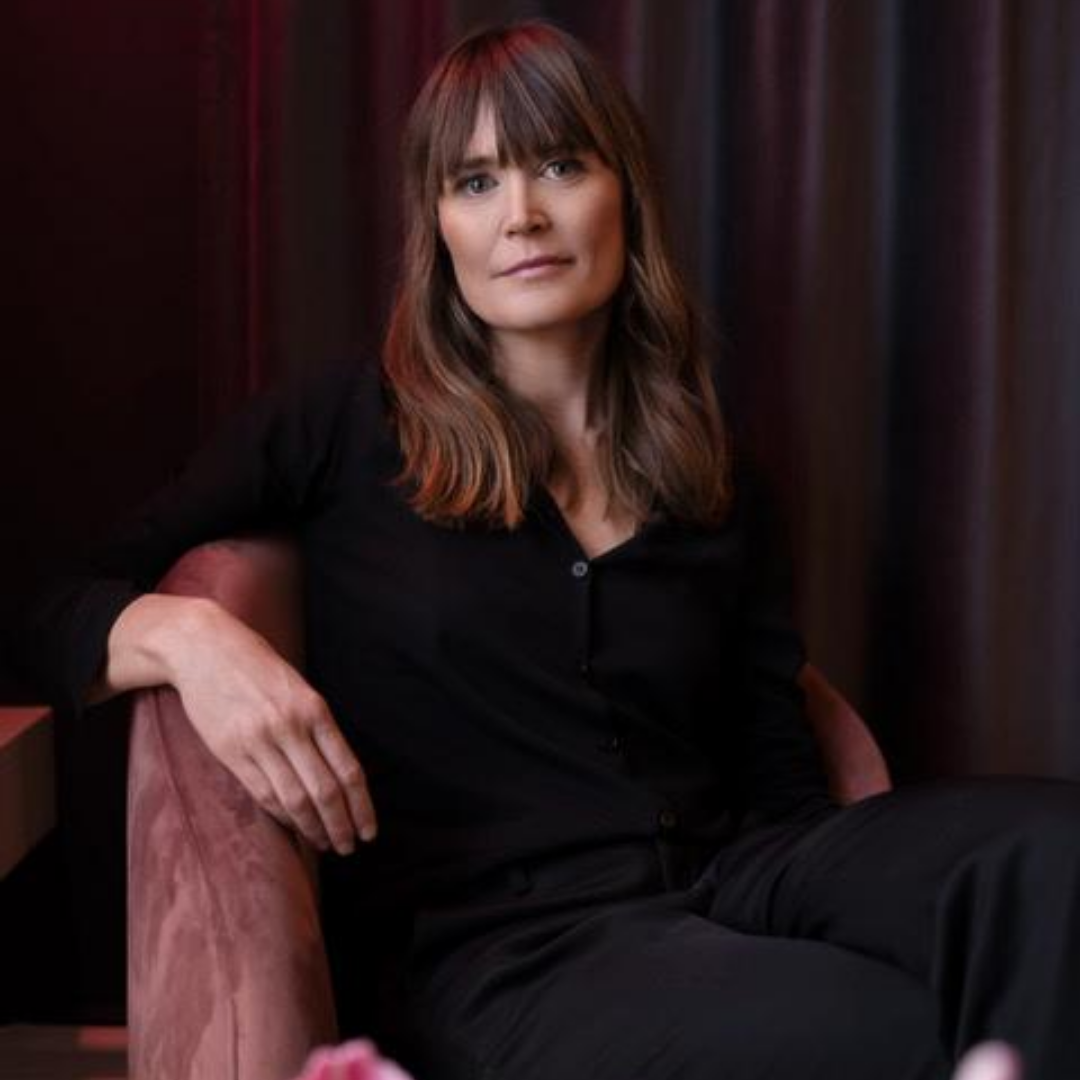
RE:Source – Elin Larsson
Program director
Program director for RE:Source since 2020. Between 2018-2020 she was running her own company Elco, as an advisor for sustainability and circularity. Before that she was the Sustainability Director for Filippa K 2011-2018. Worked for the company since 1996 within most areas of the company, from Sales coordinator, Project leader, Sales Support manager, Logistic manager to Supply chain director. Driven by a passion for finding sustainable solutions for business and society and for creating change together with people in the whole ecosystem of the industry. Has studied Sustainable transition (the relationships between economic, political and environmental crises) at Jönköping University in Sweden. Was a board member of Mistra Future Fashion for four years and an advisory board member for the UN founded programme, the Sustainable Lifestyles and Education (SLE) Programme, which is one of six Programmes within the 10 Year Framework of Programmes on Sustainable Consumption and Production.
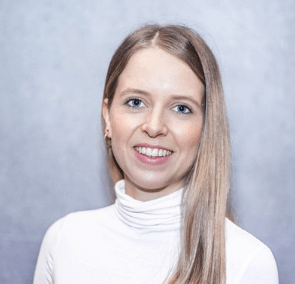
Organic Basics – Anja Buchcik
Head of sustainability
Anja is the Head of Sustainability at Danish sustainable fashion brand Organic Basics. She is the first full-time sustainability hire, responsible for the development and execution of Organic Basics sustainability strategy. She has created the Impact Index – a tool that calculates the true cost of fashion. By measuring Organic Basics’ own environmental footprint and comparing that against traditional industry practices, Organic Basics can show its customers the environmental savings when better practices are used. For this, she engages cross-functional stakeholders to synthesize hundreds of data points across the organization. She also conducts the B Corp assessment, manages raw material raw material certifications and chain of custody throughout the supply chain.
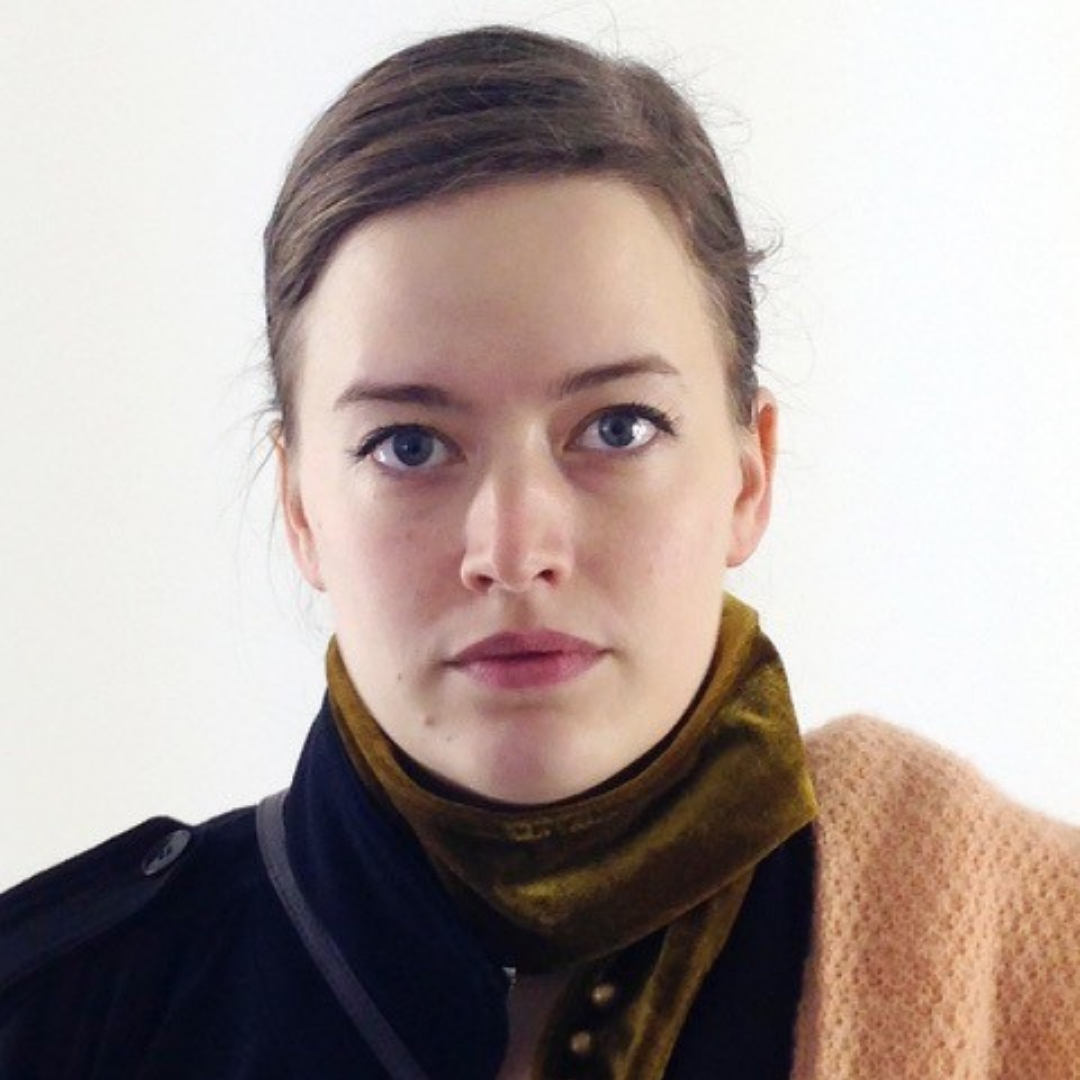
Oleana – Matilda Norberg
Creative director
Matilda Norberg is a designer specializing in knitwear, with an MA in Fashion Knitwear from the Royal College of Art in London, after completing a BA in Textile at Konstfack in Stockholm.
Since graduating in 2015, she has worked with knitwear for Scandinavian fashion brands, including l’Homme Rouge for the International Woolmark Prize, and as a knitwear designer at Henrik Vibskov in Copenhagen. Since 2018 she has been the Creative Director at Oleana.
Oleana is a knitwear brand that produces two collections per year at its own factory in Ytre Arna outside Bergen, Norway. With a focus on sustainability, both regarding workplaces in the Norwegian textile industry and also from an environmental point of view, they produce knitted garments that last for generations. Oleana source materials and accessories as far as possible from other Norwegian producers, and work towards creating collaborations and development within local textile production. Oleana is a family business in the second generation, and since 2018 they began a generational change also with regards to the target group – with a new, more fashionable collection aimed at women at the start of their careers, who like to dress up in professional contexts.
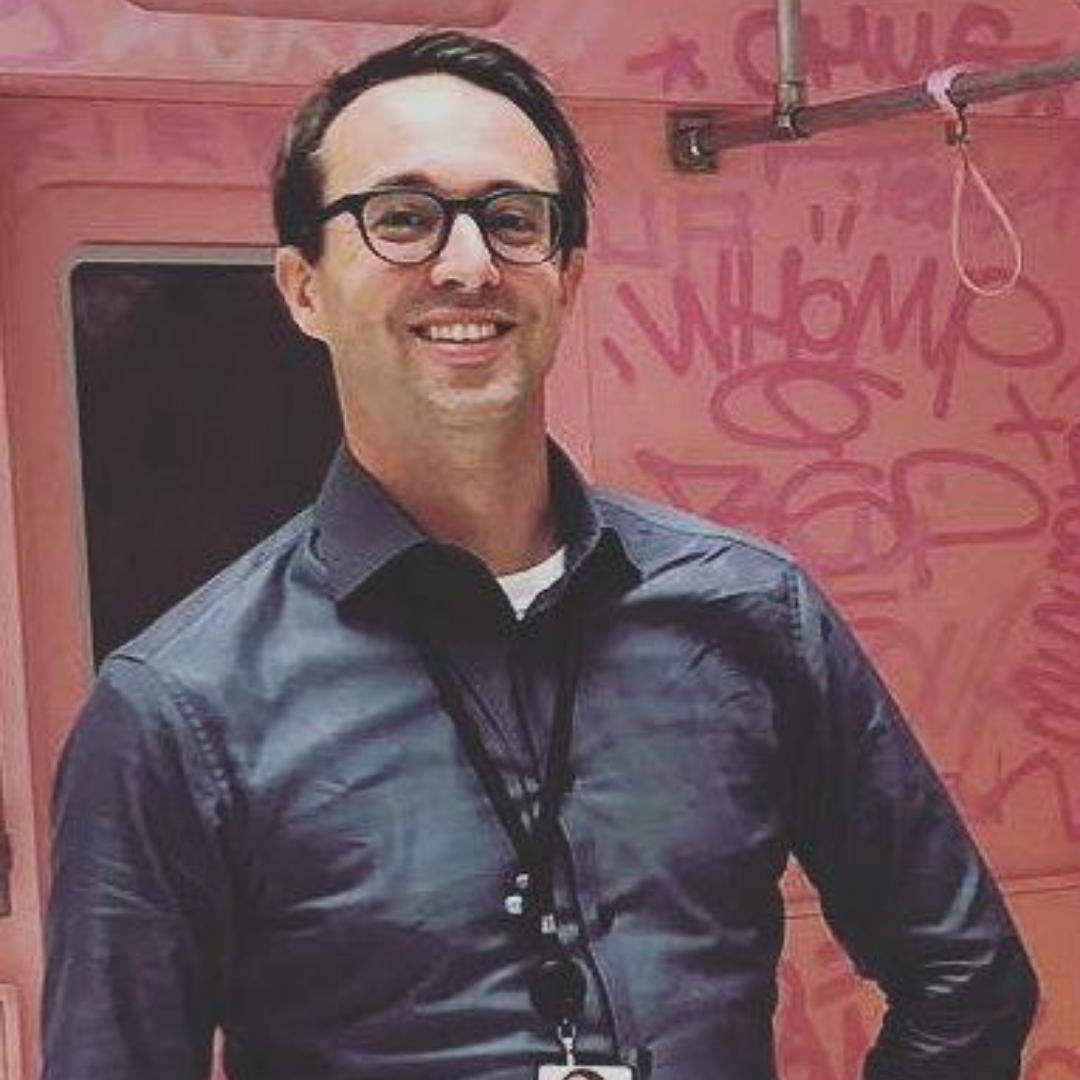
Klarna – Wilko Klaassen
VP Commercial, belgium and netherlands (GM BNL)
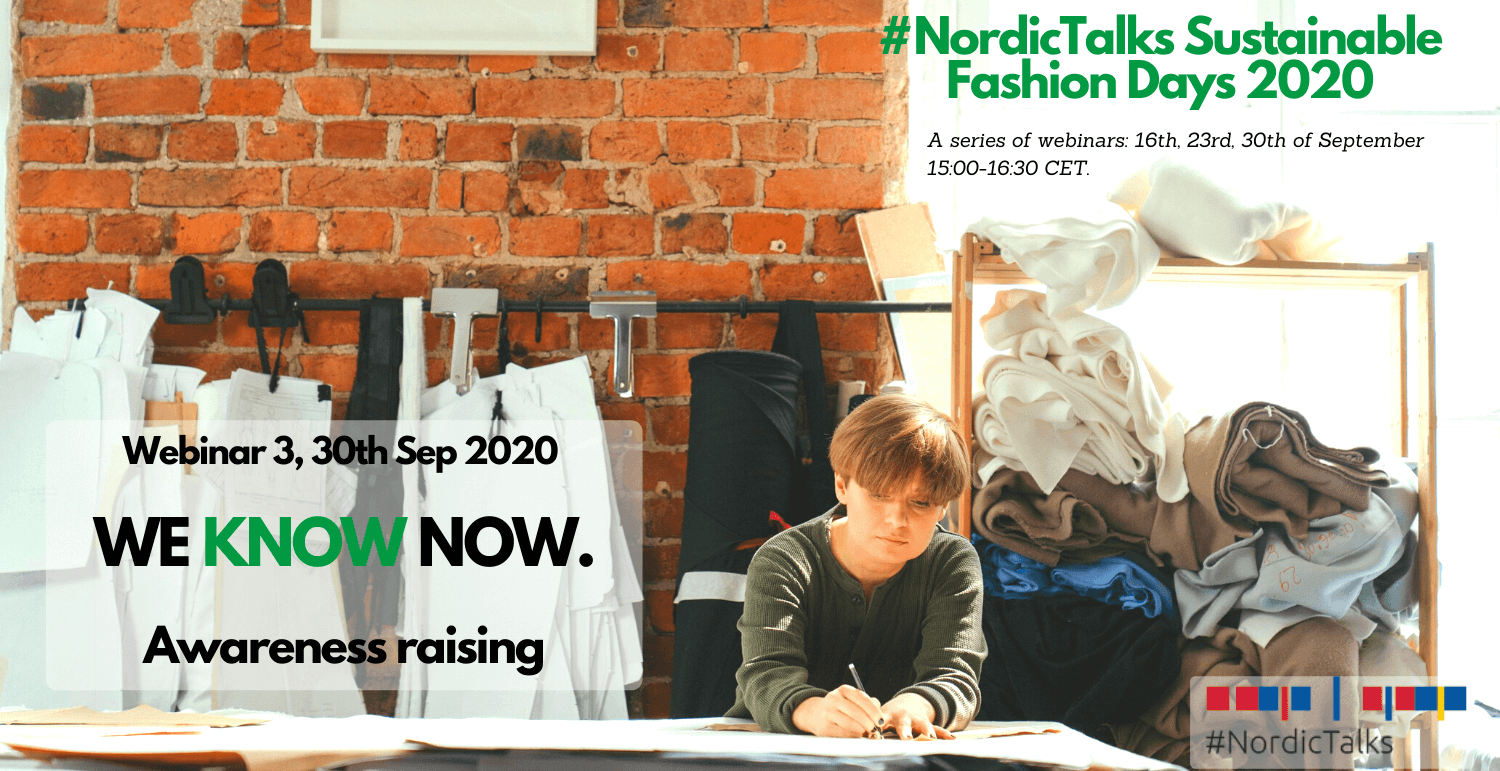
3rd WEBINAR 30 September 2020 | 15:00 – 16:30
WE KNOW NOW.| Awareness raising
We don’t know what we don’t know. Is this however something we can still claim about the secrets of fashion business? We should wear our values – clothes that are sustainably and ethically made, providing also those who make them a decent living.
Quality over quantity. Fashion can be used as a voice of CHANGE. What do you stand for?
- Raising transparency, campaigning, social justice, spotlighting solutions and
bright ideas - The environmental impact of fashion
- Social impact of fashion – Sweatshops #whomademyclothes #payup
- Company values and importance of purpose
- Role of campaigns and advertising – using fashion as a force for good
Please find hereby my main key takeaways:
- Fashion Industry change is a complex topic and to make it a success, collaboration is key – there needs to be a clear regulation, agreements of parties on international level and sharing of best practices and lessons learnt to speed the process up. We will need to build the trust among the parties, transparency and clear communication
- Targets need to be set on national and international level – fashion industry is an important part of circularity and carbon reduction initiatives linked to SDGs and broader Sustainability agenda. Nordic countries and The Netherlands are already working on these and putting policies, programs and initiatives in place
- Fashion is an individual expression, while clothes have a functional purpose. We need to combine fashion with other industries as it is interlinked with our lifestyle – how we travel, how we work, how we interact, what we priorities in life. It often is a part of our identity, culture, religion. Different generations and segment groups require different approach – social media and engagement campaigns might work for younger generations, campaigns connecting fashion and health might speak to more mature groups
- Consumers have large role to play and bottom up approach is one not to be underestimated – education, campaigns and insights based on FACTS are helping them to make the right choices. These choices are shaping fashion industry and drive the trends
- New business models balancing the demand and supply of fashion, prioritising “fashion as a service” hence access to fashion rather its ownership business models emerging, swaps and re-commerce markets growing, predicted to overtake the fast fashion. Fashion brands need to listen carefully to consumers and sustainable fashion front runners to be able to keep up. Especially now during COVID many brands have been hit hard, losing as much as 30% of sales. Being SUSTAINABLE is a growing competitive advantage and will be even more prominent in the coming years
- Digitalisation plays a huge role, especially this year because of COVID, it can be well utilised within the fashion industry: fashion shows, design visualisation and adjustments, 3D clothes try outs, information sharing, digital villages, community building, open innovation and bigger international consumer outreach since travel is not needed. Innovation can speed the transition. However all of us need to take responsibility for the choice we make from now on
Speakers
For our third webinar we will be joined by the following speakers:

Gisle Mariani Mardal
Head of innovation for Norwegian fashion & textile agenda
Gisle Mariani Mardal is head of innovation for Norwegian Fashion and Textile Agenda, an industry cluster for companies, academia and entrepreneurs, supported by Innovation Norway. Mardal has been a driving force in developing the Norwegian fashion industry through public support programs since 2009, and is the former CEO of Norwegian Fashion Institute and former chairman of Nordic Fashion Association.

Swedish Fashion Council – Jennie Rosén
CEO – Swedish fashion council
Jennie Rosén is a visionary in her field, she is dedicated to taking the fashion industry into the future. Through collaborations of a cross-disciplinary nature between key individuals, companies and industries with a driving force in design, culture and tech, the focus is to innovate today’s fashion system on a global and regional level. Growing up in an entrepreneurial family and has a broad background in fashion, she successfully mastered to align creative visions and business. Since her appointment Rosén has driven Swedish Fashion Councils national and international activities.
Swedish Fashion Council is an independent organization founded in 1979. It is the aim to promote, educate and innovate the Swedish fashion industry to become competitive and sustainable in all areas.
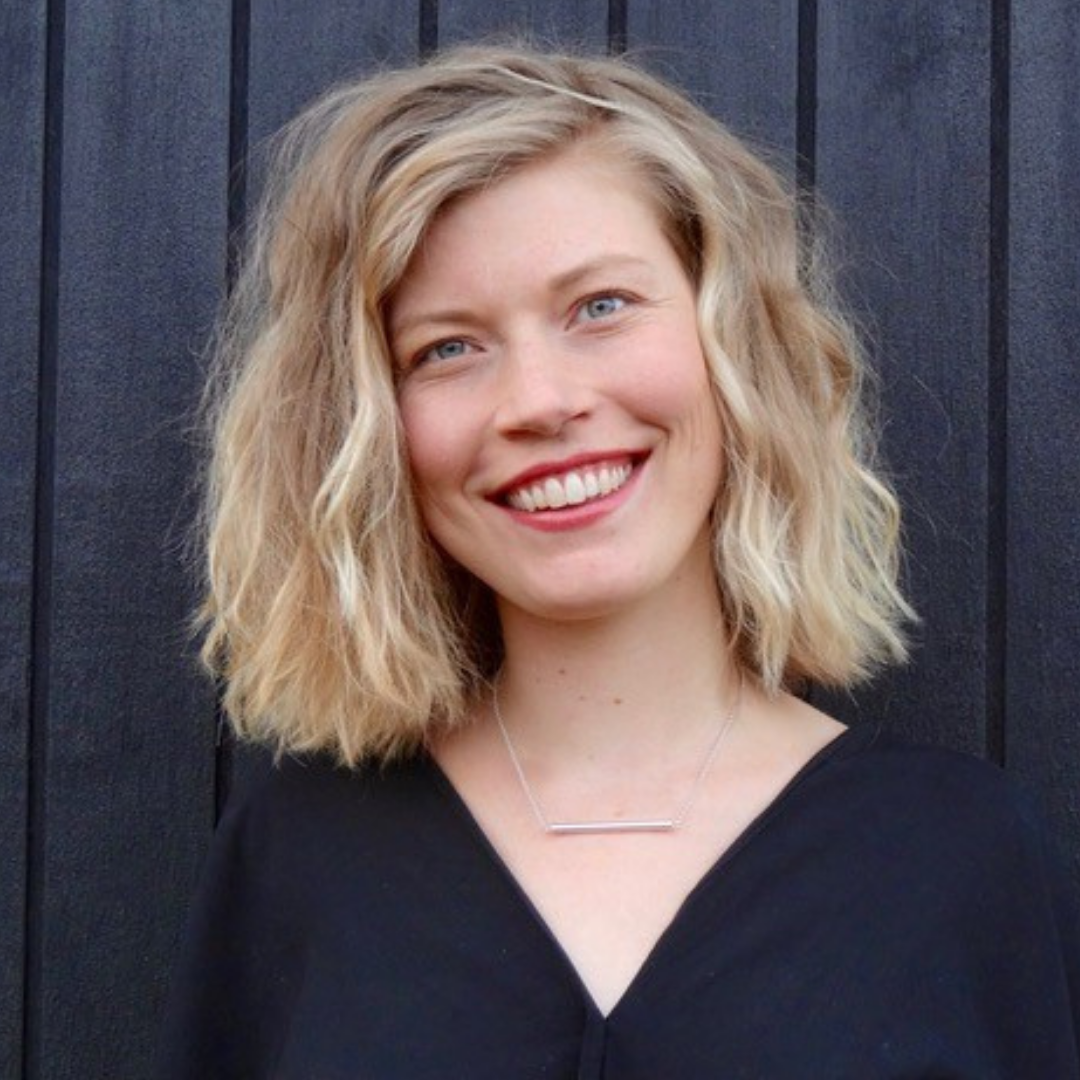
Fashion Revolution Denmark – Josephine Lönnqvist
Student Ambassador manager at fashion revolution denmark
Josephine Lönnqvist is the Student Ambassador Manager at Fashion Revolution Denmark. She is responsible for the student teams and to spread awareness among the younger generations. With a great interest for fashion and a big heart for the world, Josephine believes that fashion is not only about looking good but also about doing good. She has previously worked with artisans and ethical fashion in Latin America and to gain further knowledge about how fashion can be a driving force for good she is currently studying a M.Sc. in Global Development at Copenhagen University.
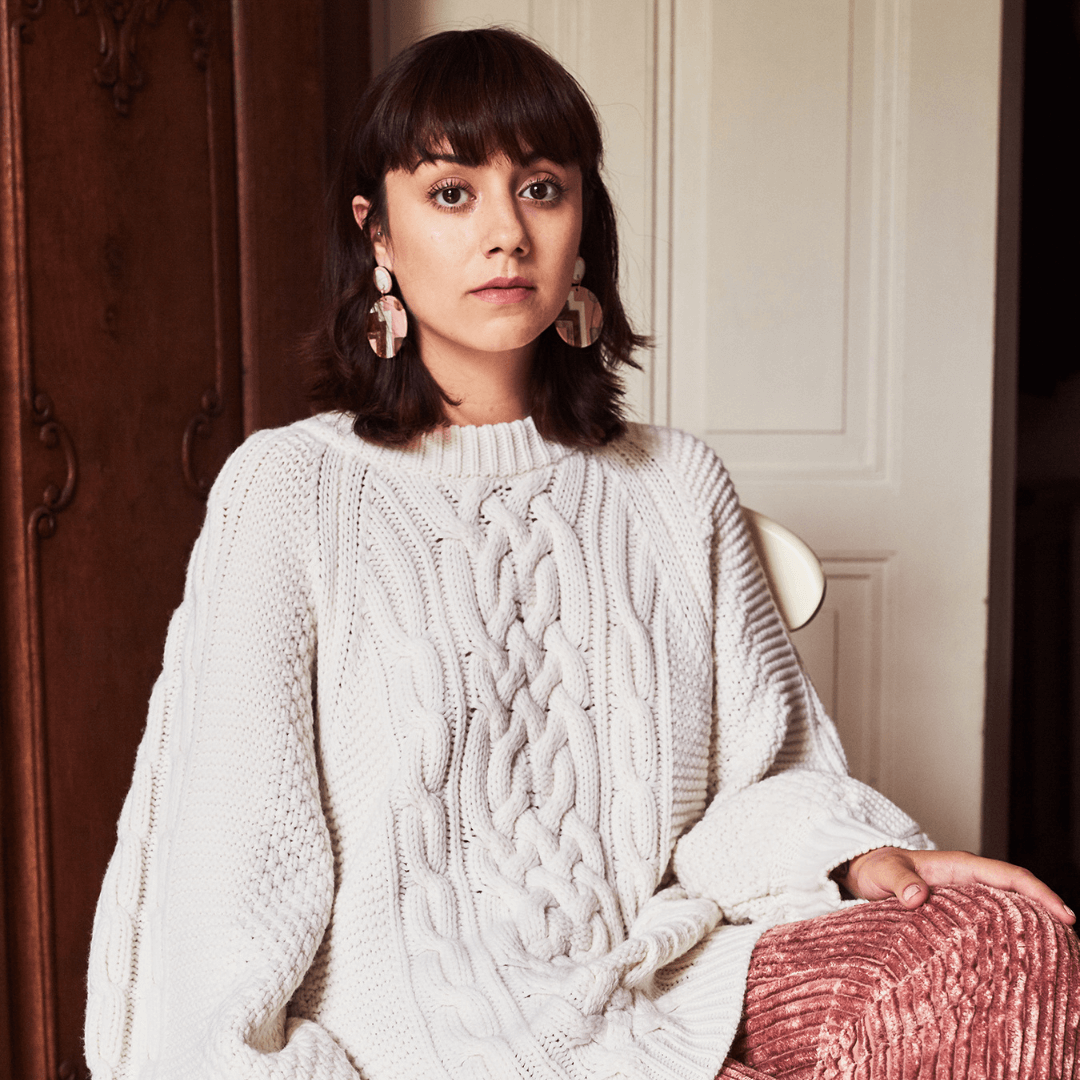
Evelyn Mora
Founder of Helsinki Fashion Week and digital village, strategist and sustainability consultant
Evelyn Mora is the Founder of Helsinki Fashion Week and the internet company DIGITAL VILLAGE, a Metaverse where all Digital Asset, Buying, Selling, Trading, Showing, and Networking are interlinked where she also developed the first global and open Digital Sustainability report and guidelines for sustainable cyberspace. She is a strategist and consultant. Evelyn contributes articles to publications such as Flanders DC, Forbes China, on topics of sustainability, technology, and innovation. She also supplies essays to International universities and her contributions have earned her repute as a “Change-agent” by Vogue Australia, a “Sustainable trailblazer” by WWD, a “Game changer” by Glamour South Africa, “Multi-talented and genius” by Vogue Italy. As a mentor, Evelyn has been an active part of programs like iBEX VTT Technical Research Institute as a member of jury, FlandersDC FashionTech Works as a mentor, and sits on several advisory boards, the most recently joining Panjandrum AI.
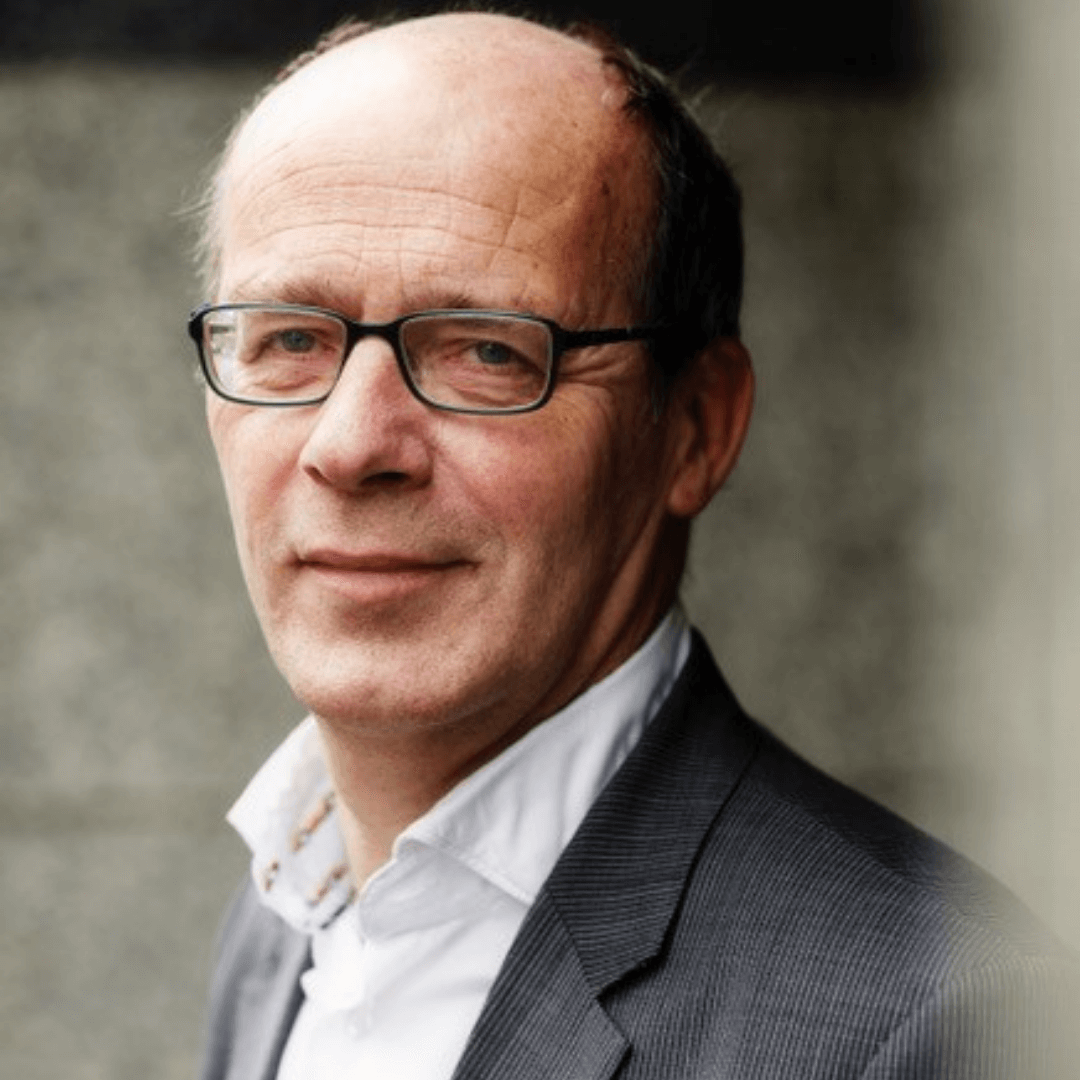
Pierre Hupperts
Chairman of the Dutch Sustainable Garment and Textile Agreement (AGT)
Pierre is partner and strategy director of The Terrace. With his working experience in both the NGO and the corporate sector Pierre is very active in the field of partnerships and multi stakeholder dialogues. In the Netherlands and abroad. He is chair of the global multi stakeholder Social and Labour Convergence Program (SLCP), that is implementing one assessment system for the apparel industry. This program is supported by 200 brands, retailers, manufacturers, audit firms and civil society organisations. He also chairs the Dutch International CSR Agreements (IMVO Convenant) on Textiles and on Food. He also lead the negotiations of these two Agreements. Pierre has set up several innovative sustainable initiatives like a Dutch campaign on climate change (Hier – Here), the IDH (a Dutch initiative to make value chains more sustainable), the Landscape Initiative and the Base of the Pyramid Innovation Centre (BoP Inc). In his role as quarter maker he was able to create a broad support base under different stakeholders (public, private, NGO’s, trade unions) for setting up these initiatives. Due to his combined working experience in the NGO and corporate sector he is able to build bridges and is accepted as a knowledgeable and empathic mediator.
